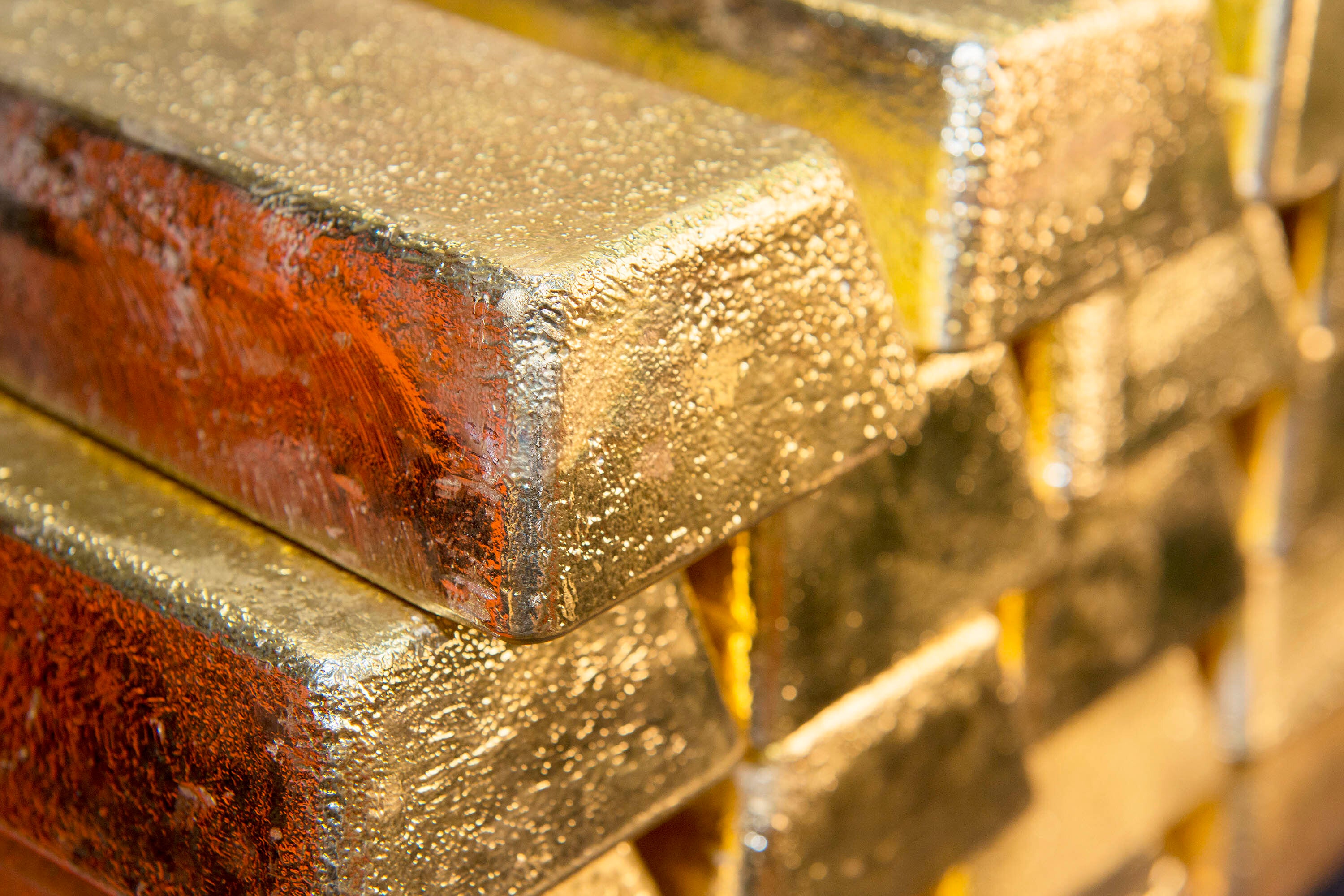Imports from Russia fell by more than two thirds after invasion of Ukraine
The drop shows the effect of Western sanctions on Russia.

Your support helps us to tell the story
From reproductive rights to climate change to Big Tech, The Independent is on the ground when the story is developing. Whether it's investigating the financials of Elon Musk's pro-Trump PAC or producing our latest documentary, 'The A Word', which shines a light on the American women fighting for reproductive rights, we know how important it is to parse out the facts from the messaging.
At such a critical moment in US history, we need reporters on the ground. Your donation allows us to keep sending journalists to speak to both sides of the story.
The Independent is trusted by Americans across the entire political spectrum. And unlike many other quality news outlets, we choose not to lock Americans out of our reporting and analysis with paywalls. We believe quality journalism should be available to everyone, paid for by those who can afford it.
Your support makes all the difference.UK imports from Russia fell to a nearly two-year low in the month following the Kremlin’s unprovoked full-scale invasion of Ukraine.
New data shows that the overall level of imports from the country dropped by 70% in March, after the invasion was launched in late February.
The Office for National Statistics showed that the value of imports from Russia fell from £1.8 billion in February to £545 million in March.
However, a large part of the drop was a fall in “unspecified goods”, which is a highly volatile measure which soared ahead of the invasion.
Today’s figures demonstrate the severity and effectiveness of the trade restrictions imposed upon the Russian regime by the UK Government and its international partners in response to the war in Ukraine
The measure includes non-monetary gold and is an estimate, rather than measured by the ONS.
When taking out the unspecified goods, imports only fell by 28% in the month after the invasion.
The drop was driven largely by a one-quarter drop in the import of fuels from Russia into the United Kingdom, and significant falls in the value of Russian chemicals brought here.
“Today’s figures demonstrate the severity and effectiveness of the trade restrictions imposed upon the Russian regime by the UK Government and its international partners in response to the war in Ukraine,” said Jack Sirett at Ebury, a financial services firm.
While some of the restrictions were slapped on Russian imports in March, the trade restrictions have tightened since.
“Record-breaking import volumes at the start of the year have now reversed as companies rapidly re-order their supply chains to ensure a continued flow of goods and global powers look to wean themselves off Russian fuels,” Mr Sirett said.
“This week, the UK Government announced fresh sanctions on trade with Russia, slapping a third wave of restrictions and increased tariffs on goods like platinum and palladium where Russia is a leading producer.
“The Government noted that 60% of exports to Russia are now under whole or partial restrictions so we would expect to see further declines in trading volumes with the Government also committing to phasing out oil imports by the end of the year.”
ONS figures from Thursday also showed that total imports of goods increased by 9.3%, with steep rises in imports from both in, and outside of, the EU.
Exports to the EU rose by 1.7%, while exports to countries outside the block increased 2.1%.
Exports to Russia dropped from £268 million in February to just £95 million in March.